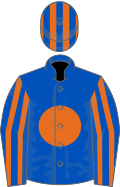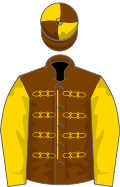| Class | Group 1 |
|---|---|
| Location | Rowley Mile Newmarket, England |
| Inaugurated | 1875 |
| Race type | Flat / Thoroughbred |
| Sponsor | Darley Stud |
| Website | Newmarket |
| Race information | |
| Distance | 7f (1,408 metres) |
| Surface | Turf |
| Track | Straight |
| Qualification | Two-year-olds excluding geldings |
| Weight | 9 st 3 lb Allowances 3 lb for fillies |
| Purse | £500,000 (2025) 1st: £283,550 |
| 2025 | ||
 |  | 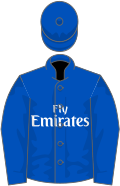 |
| Gewan | Gstaad | Distant Storm |
| Previous years | ||
|---|---|---|
| 2024 | ||
 |  |  |
| Shadow Of Light | Expanded | Ancient Truth |
| 2023 | ||
 | 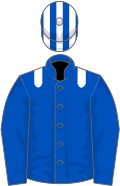 |  |
| City Of Troy | Alyanaabi | Eben Shaddad |
| 2022 | ||
 |  | 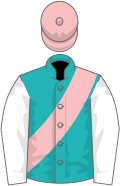 |
| Chaldean | Royal Scotsman | Nostrum |
| 2021 | ||
 |  |  |
| Native Trail | Dubawi Legend | Bayside Boy |
The Dewhurst Stakes is a Group 1 flat horse race in Great Britain open to two-year-old colts and fillies. It is run on the Rowley Mile at Newmarket over a distance of 7 furlongs (1,408 metres), and it is scheduled to take place each year in October.
Contents
It is Britain's most prestigious race for juvenile horses. The leading participants usually become major contenders for the following season's Classics.
